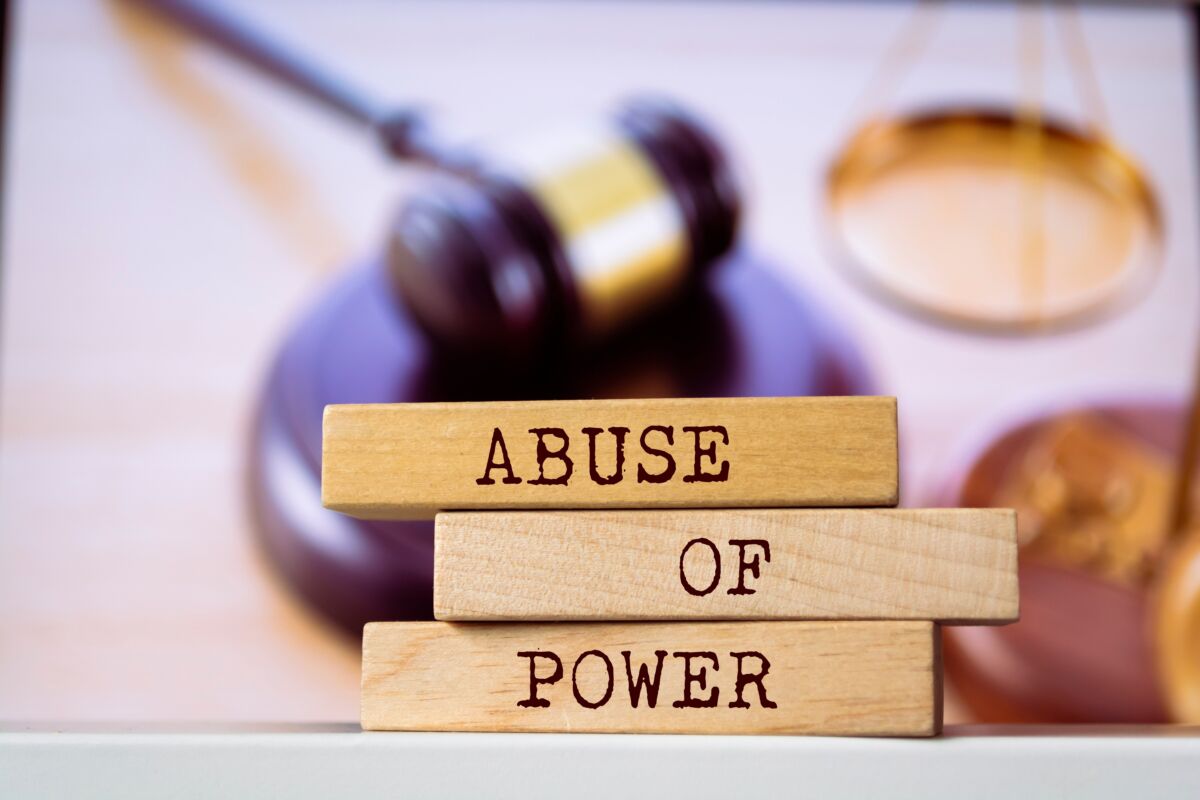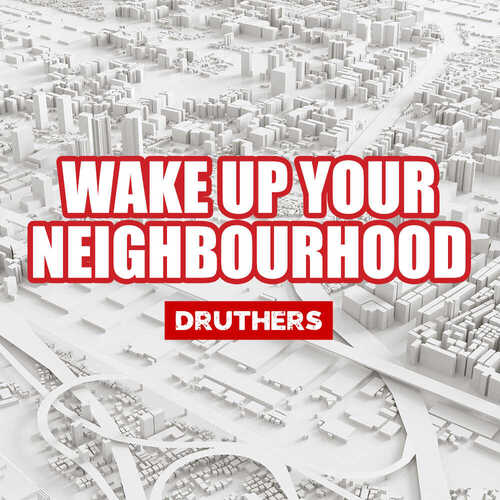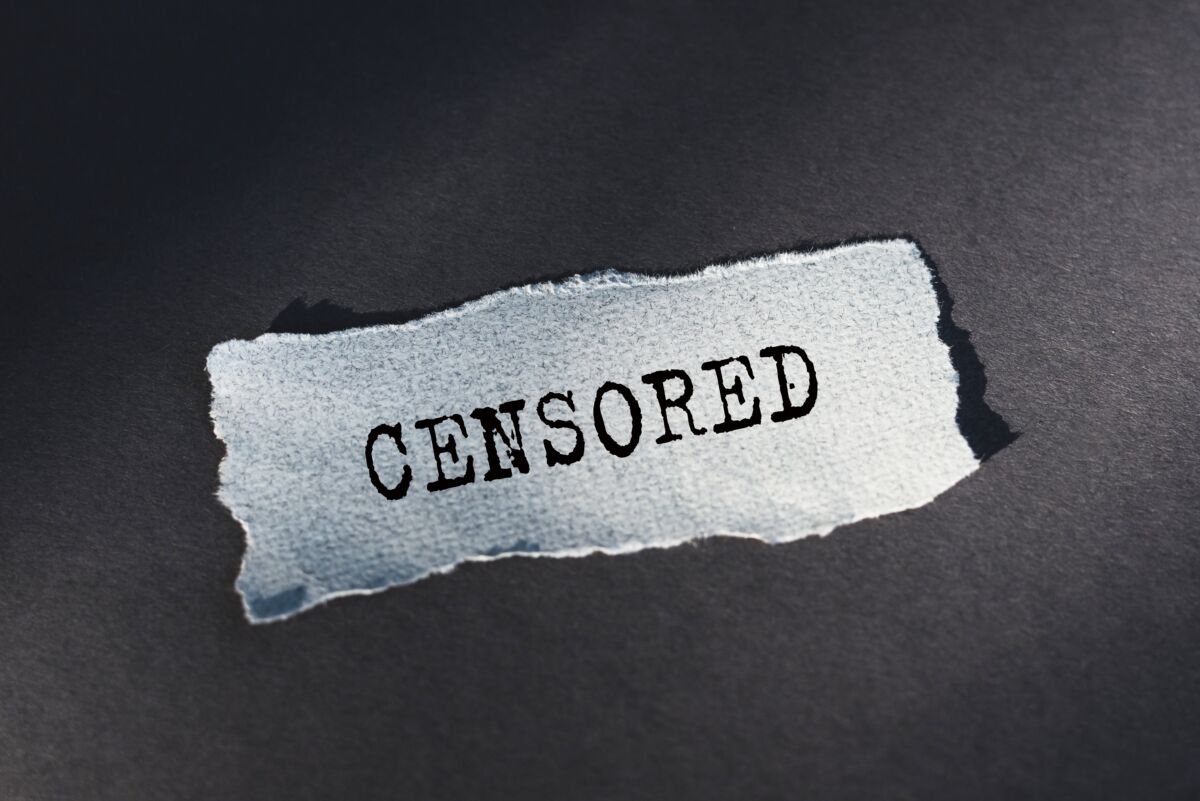The Shadow of Malfeasance
Exposing the Illusion of Deception of the Social Contract
By Henry
In this article, I invite you to walk with me through the corridors of legal language, power structures, and civic illusions, examining how one simple yet profound word—malfeasance—has been buried beneath layers of cultural and legal obfuscation. My goal is to illuminate how this concept connects directly to the foundational fraud of what many call the “social contract.” It is time we explored how this phantom contract is used as the spiritual and intellectual leash binding modern man to state servitude.
Key Point 1: Rediscovering “Malfeasance”—A Buried Legal Weapon
Let us begin with a word many may have heard in passing, but few fully understand: malfeasance. The Cambridge Law Dictionary defines it succinctly as “an example of dishonest and illegal behaviour, especially by a person in authority.” Meanwhile, Cornell Law School expounds further: malfeasance is “intentional conduct that is wrongful or unlawful, especially by officials or public employees.”
This word is the very sword of lawful accountability. It is not merely a descriptor of misconduct—it is the formal charge against those who betray public trust. Why, then, is it absent from the average citizen’s vocabulary? Why has it become a relic?
Don’t lose touch with uncensored news! Join our mailing list today.
The answer is chilling in its simplicity: because malfeasance, if rightly understood and properly wielded, would expose the lawlessness of many modern institutions. It is the sword hidden beneath the courthouse floorboards, kept from public knowledge lest the people realize they have the right—and the duty—to rise up against tyranny cloaked in bureaucracy.
When those in high office abuse their power and inflict harm on the people they claim to serve, it is not mere “mismanagement.” It is malfeasance, a legal wrong deserving of punishment. The erasure of this concept from public discourse is no accident—it is strategic. As long as we forget the sword is there, we cannot pick it up and use it.
Key Point 2: The Social Contract – An Illusion in Ink and Imagination
From the dusty shelf of presumed civic consent, we must now turn to the myth of the social contract. We are told—by academics, bureaucrats, and politicians alike—that we have all entered into a tacit agreement with the state. This contract allegedly obliges us to obey laws, pay taxes, and submit to authority in exchange for protection and order.
But I ask you: where is this contract? Where is the page I signed? Where is the evidence that I, or you, or any of us, consciously entered into such a binding arrangement?
No such document exists.
It is a phantom agreement. A fiction. A legal mirage invoked to justify every mandate, every fine, every intrusion into your God-given liberty. Worse still, it is enforced with the iron rod of police power—men with guns, backed by jails, who compel your obedience in the name of a contract you never signed.
Even if a piece of paper were produced tomorrow purporting to be such a contract, we would still be within our rights to declare it void. For under basic principles of contract law, any agreement entered under duress, deception, or fraud is null and void ab initio—invalid from the outset. And what greater fraud can there be than imposing obligations upon people by virtue of their mere birth within a geographical boundary?
There is no freely given consent. Only assumption. Only coercion. Only inherited submission passed down like a hereditary curse.
To add insult to injury, when we try to extricate ourselves from this fictitious social contract, we discover we are not allowed to. The state claims that its authority is irrevocable. That once you are born, you belong to it. This is not the language of contract. It is the language of slavery.
The legal fiction of the social contract has been weaponized to turn every man and woman into property of the state—living resources to be taxed, tracked, and disciplined at will. But once you see the chains, you can begin to unshackle yourself.
In conclusion, the word malfeasance is not only a key to understanding injustice; it is a torch that, once lit, can expose the darkest corners of modern governance. Keep that torch in hand as we continue. You will need it.











